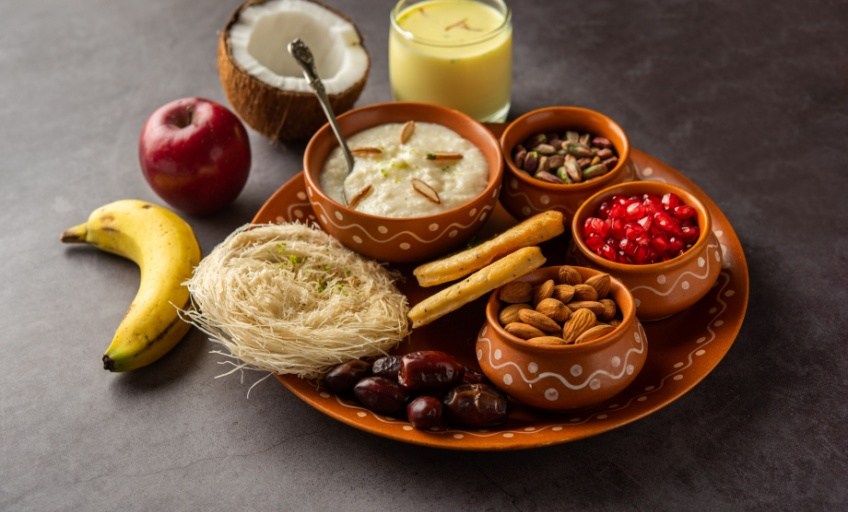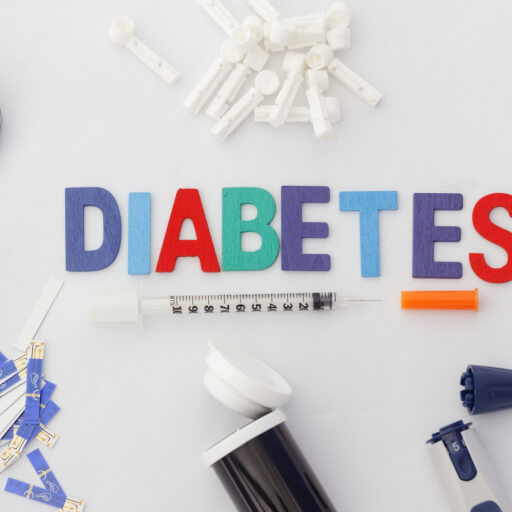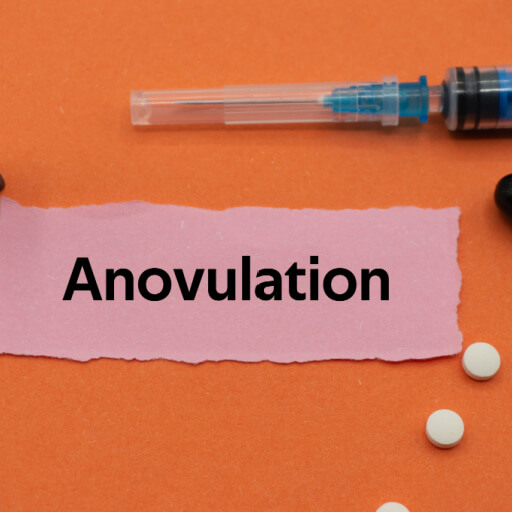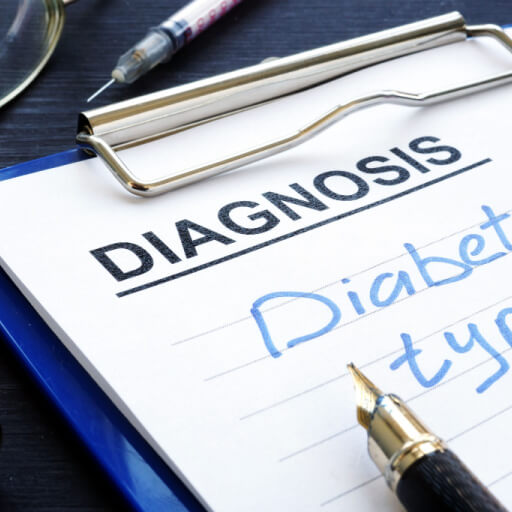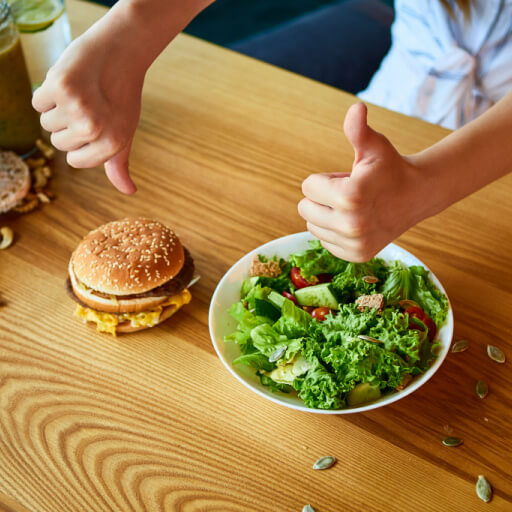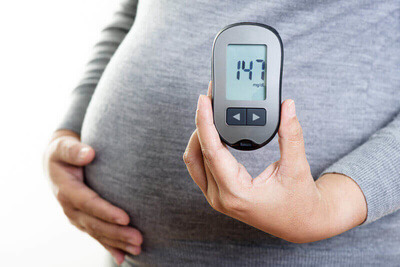Intermittent fasting during festivities like Karva Chauth involves limiting your meals or eating nothing at all for a specific time period to detoxify your body and manage weight. However, if you have diabetes, fasting involves special planning to avoid the risk of low blood sugar levels. Monitoring your fast can help ensure your blood sugar levels are stable, thereby preventing hypoglycemia and maintaining your overall health during this festive season.
The Karva Chauth fast is a day-long fast, ideally without even consuming water for 12-15 hours a day. The fast ends only when the moon rises.
What you need to know:
- Impact of fasting on people with diabetes
- Safe ways for people with diabetes to fast during Karva Chauth
Impact of fasting on people with diabetes
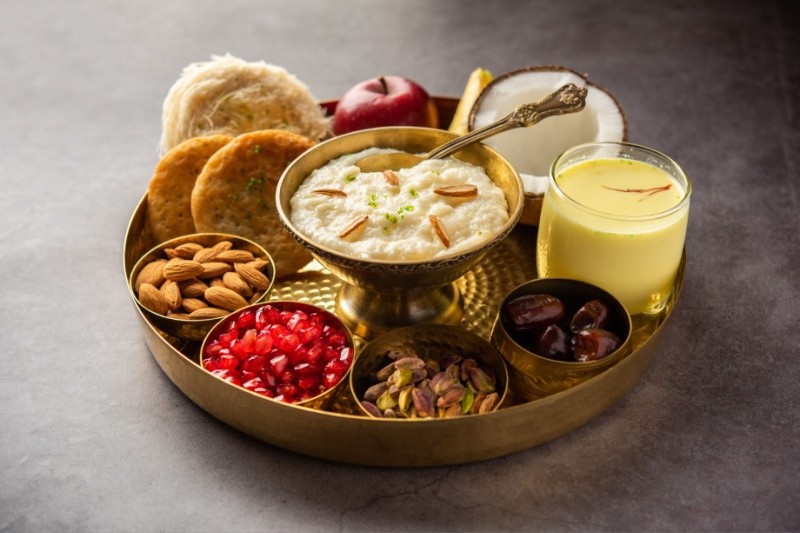
Let us look at how fasting on Karva Chauth can affect people with diabetes:
- People with type 1 diabetes are at greater risk when fasting than patients with type 2 diabetes because they are on insulin. During a fasting ceremony like Karva Chauth, the amount of insulin they take has to be adjusted. If they do not cut back enough, there is a risk of hypoglycemia. However, if it is cut back by a lot, they risk hyperglycemia.
- If a person with diabetes cannot take liquids while celebrating Karva Chauth, it can cause dehydration, dyselectrolytemia (imbalance in the required amount of electrolytes) and diabetic ketoacidosis (a condition wherein the body does not produce enough insulin).
- If you haven’t eaten for hours, you may be more inclined to consume a carbohydrate-heavy meal, which might not be the right plan for you, especially while fasting for Karva Chauth.
Safe ways for people with diabetes to fast during Karva Chauth
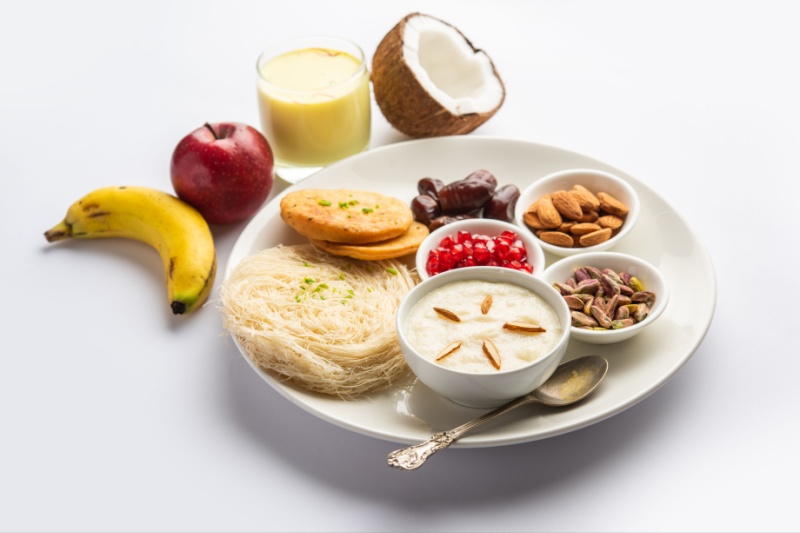
Here are some ways in which people with diabetes can take care of their blood sugar levels while fasting for Karva Chauth:
- If you are following the Karva Chauth fasting plan, make sure you consume a healthy meal (sargi) before the fast begins, which comprises unprocessed, whole foods, including non-starchy vegetables, proteins, and healthy fats. You can munch on power-packed snacks, such as nuts and seeds, fruits, or makhanas. Opt for foods rich in vitamin C, protein, fiber, and antioxidants to control blood glucose levels. Consume food with a low glycemic index, which will help maintain optimum sugar levels and keep you satiated for a long time.
- If you are fasting but opting to stay hydrated, drink plenty of water and calorie-free beverages, like lemon water, green tea, cardamom water, mint water, or coconut water, to prevent dehydration.
- While fasting on Karva Chauth, you may be at a greater risk of low blood sugar levels, which can lead to confusion or dizziness. Hence, consult your doctor about your Karva Chauth fasting plan, including the number of fasting days, eating frequency and timing, and foods to consume.
- Continue to check your blood sugar levels during a fast. Frequent monitoring will reduce the risk of hypoglycemia or hyperglycemia. You can check your blood glucose levels on our online Blood Sugar Calculator. Also, ensure you take all your medicines on time.
- Listen to your body. A headache, nausea, dark urine, and vomiting are signs of dehydration, which can harm your body. If you experience any of these symptoms, prioritize your health.
- Due to the risk of blood sugar swings, you can try strategies other than intermittent fasting, such as reducing portion size, increasing your physical activity between meals, and choosing a healthy diet. All of these lifestyle changes align with intermittent fasting.
- If you are someone who can’t go without their daily workouts, avoid doing any hardcore workout while you are fasting for Karva Chauth. High-intensive exercises can make your blood sugar levels dip. Instead of straining yourself during this time, you can include stretching exercises and go for short walks to stay active.
Celebrating Karva Chauth and fasting with diabetes can be a fulfilling experience, as long as you take the right precautions. It’s all about planning ahead and understanding your body’s needs. Remember, the goal is to participate in these meaningful traditions while ensuring your health stays on track. With the right support and careful management, you can embrace Karva Chauth and take care of yourself at the same time.
Stay tuned to the Activ Living Community. Keep up to date with the latest health tips and trends through expert videos, podcasts, articles, and much more in nutrition, fitness, mindfulness, and lifestyle conditions like Asthma, Blood Pressure, Cholesterol, and Diabetes.
You may also be interested in the following blogs:
- Is Beetroot Good For Diabetes? Let’s Find Out
- Is Papaya Good For Diabetes? Discover 3 Surprising Benefits For Blood Sugar Management
Popular Searches
How to lower blood pressure | Fruits good for liver | Unhealthy foods | Ragi Benefits | Basal Metabolic Rate | Acupressure points for High Blood Pressure | Ayurvedic medicine for blood pressure | How to control cholesterol at home | Homeopathy for Asthma | Biological Age | Home remedies for TB | Natural beta blockers | Negative effects of internet | Types of walking | Blood pressure calculator | Blood sugar calculator | BMI Calculator





 1800-270-7000
1800-270-7000


